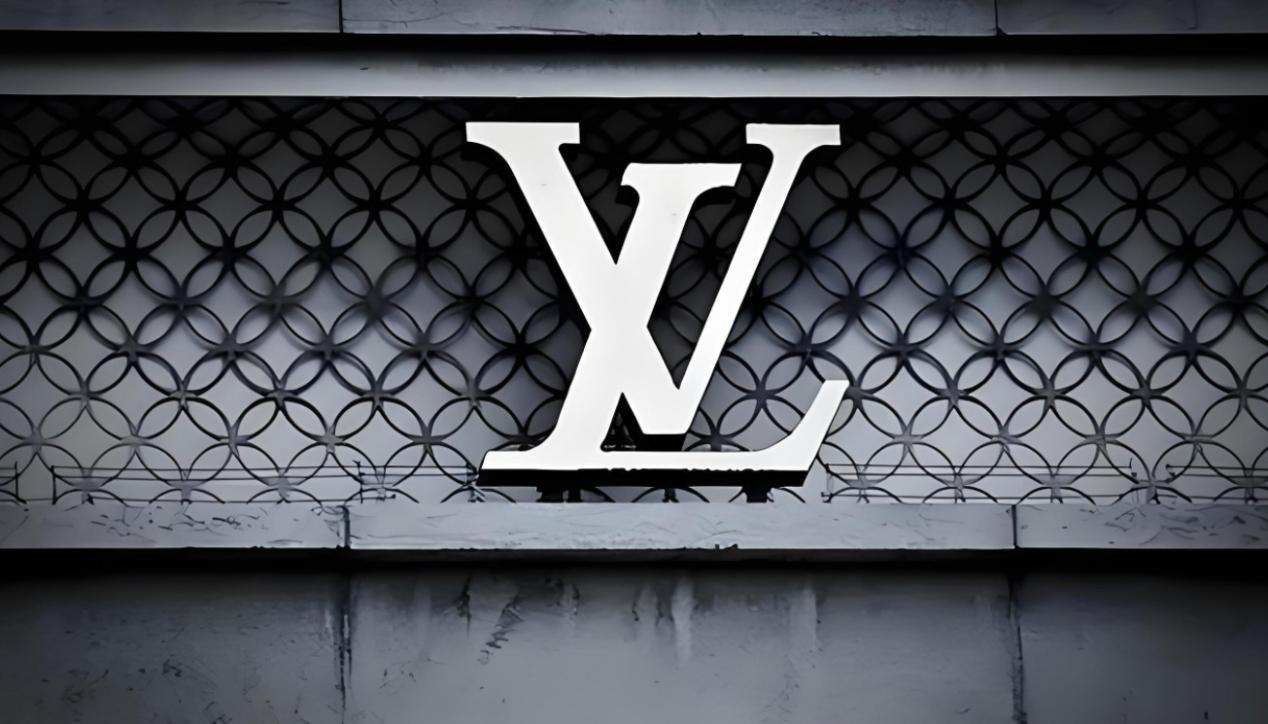
Recently, the global luxury goods industry experienced a data security "black swan event" - the personal information of nearly 420000 Hong Kong customers of French luxury brand Louis Vuitton (LV) was leaked, involving sensitive content such as names, passport numbers, dates of birth, addresses, shopping records, and product preferences. Despite LV's emphasis on not leaking payment information, this incident still raises strong doubts in the market about the luxury goods industry's data governance capabilities, exposing the deep contradiction of brands' emphasis on marketing over security in digital transformation.
According to a report from the Office of the Privacy Commissioner for Personal Data in Hong Kong, LV France discovered suspicious activity in its system on June 13th, but it was not until July 2nd that it was confirmed that Hong Kong customer data had been leaked, resulting in a 15 day "notification delay". The leakage of 419000 pieces of data this time, including passport numbers, addresses, and other information, has exposed customers to complex risks such as identity theft and precision fraud. Although LV claims to have strengthened its system protection, it only submitted an accident report to regulatory agencies on July 17th, and the effectiveness of its emergency response mechanism has been questioned. It is worth noting that this is not the first time LV has encountered a data crisis. In June 2025, LV Korea's system was hacked and some customer information was leaked; During the same period, unauthorized access to the UK official website system resulted in the leakage of customer purchase history. Earlier, Dior and Cartier, both members of the LVMH group, experienced similar incidents in May and June respectively, creating a "domino effect".
Luxury customer data has the characteristic of "high net worth": a single customer information may be associated with tens of thousands of yuan in consumption records, and includes implicit assets such as consumption preferences and social circles. However, industry data shows that luxury goods companies invest less than 0.5% of their revenue in the field of cybersecurity, far lower than the financial and technology industries. In the LV incident, hackers obtained data through system vulnerabilities, exposing the brand's weaknesses in basic aspects such as data encryption and access control. LVMH Group has 75 brands with business coverage in 81 countries, but its data governance shows a characteristic of "strong headquarters and weak regions". For example, customer data in Hong Kong is managed by a local subsidiary but relies on the security system of the French headquarters. This' centralized 'architecture leads to regional response lag, as highlighted by the investigation's focus on the' 15 day notification delay 'issue, reflecting the complex game between multinational corporations' data sovereignty and regulatory compliance. The luxury goods industry heavily relies on customer loyalty, but data breaches are eroding this foundation. Data shows that brands that have experienced data breaches have seen an average 18% decrease in repeat purchase rates among their high-end customers, and it takes 3-5 years to restore trust.
From the perspective of market impact, LVMH Group's Q1 2025 financial report shows a 4% year-on-year decline in revenue for its leather goods and fashion division. The Hong Kong market is already under pressure due to weak consumption, and data breaches may further exacerbate customer loss. Morgan Stanley analysis suggests that if the incident triggers a class action lawsuit, LV may face hundreds of millions of dollars in compensation, combined with regulatory fines, resulting in a 15% reduction in quarterly profits. Data security is becoming a new competitive barrier in the luxury goods industry. Brands such as Herm è s and Chanel have begun investing in blockchain technology to enhance data security through decentralized storage; Gucci has partnered with cybersecurity companies to establish a real-time threat monitoring system. In contrast, LV's "post remedy" model may put it at a disadvantage in the battle for high-end customers. The Hong Kong regulatory authorities have explicitly stated that if LV is found to have "delayed notification" or "failed to correct errors", it may face criminal prosecution. The EU's General Data Protection Regulation has imposed a fine of up to 4% of global revenue on data breach companies. If similar rules are promoted globally, the luxury goods industry will have to bear an additional compliance cost of over $2 billion annually.
The way to break through the situation requires comprehensive measures from the perspectives of technology, management, and ecology. On a technical level, luxury goods companies need to build a "zero trust" security architecture, abandon traditional "boundary protection" thinking, and adopt a model that dynamically verifies each data access. For example, identifying abnormal operations through AI behavior analysis and combining multi factor authentication to reduce the risk of leakage. At the management level, we can refer to the experience of the financial industry, establish cross brand and cross regional data governance committees, unify the development of security standards, and empower regional teams with rapid response authority. LV can learn from Apple's "data sovereignty" model, allowing local subsidiaries to independently choose compliant cloud service providers. At the ecological level, the luxury goods industry should collaborate with technology companies and regulatory agencies to establish a data sharing threat intelligence platform, and reduce the risk of single point attacks through collective defense. For example, LVMH can lead the establishment of the "Luxury Data Security Alliance" to share attack feature libraries and emergency plans.
In the digital wave, competition in the luxury goods industry has extended from product design to data governance. The LV incident sounded an alarm for the entire industry: as the frequency of hacker attacks grows at a rate of 35% per year, any disregard for data security could trigger a "avalanche" of brand value. Only by considering safety as a core competitiveness equally important as craftsmanship can luxury goods maintain their most precious asset - customer trust.

According to EngadTech media reports, the Windows security update recently released by Microsoft has triggered a series of technical issues.
According to EngadTech media reports, the Windows security …
On January 19, 2026, the International Monetary Fund (IMF) …
When Musk brandished a $134 billion lawsuit against OpenAI …
At the beginning of 2026, the global gold market witnessed …
On January 18, EU ambassadors reached a broad agreement to …
In January 2026, Elon Musk took OpenAI and Microsoft to cou…